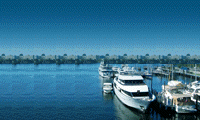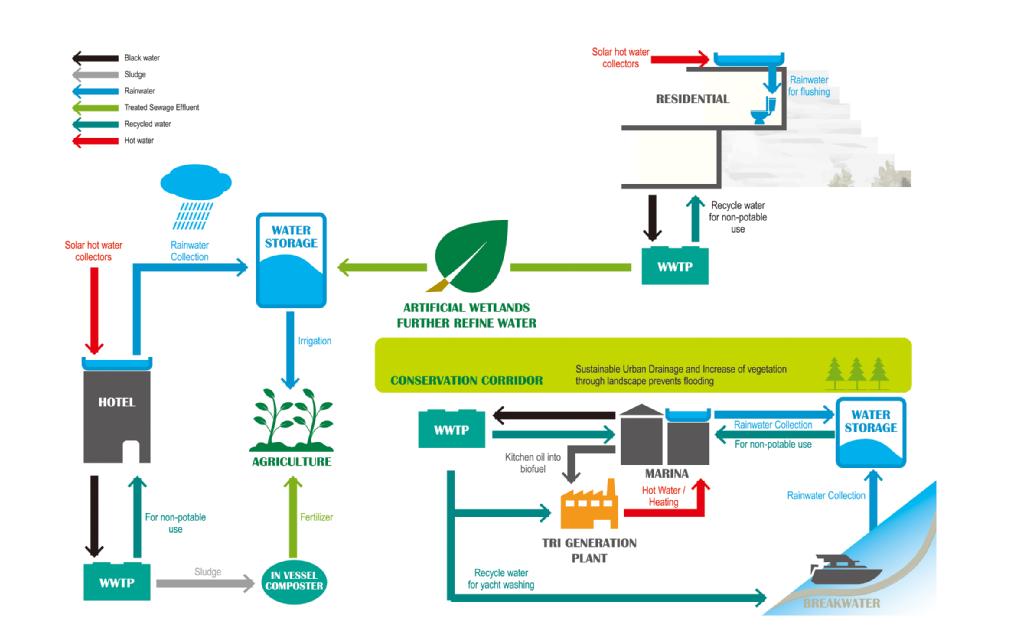

Comprehensive Low Carbon Development Framework of BoL - Water ( 2014/06/24 )
| In our last episode of “Comprehensive Low Carbon Development”, we have brought up BoL’s ‘Energy’ strategies for discussion. Right now, we will be investigating the ‘Water’ strategies, which we target water, in all forms, meets both natural and humans needs, and achieve zero discharge of effluent by using onsite 3-staged water treatment to reuse waste water efficiently. It is no doubt that water is vital to human life, and is essential for drinking, washing and sewage systems. Apart from water demands of society, there are also problems associated with water such as flooding, leakage and water contamination. Based on the above facts, we have two main challenges ahead: to meet the water demand and to mitigate against undesirable water problems. Key Solutions Water Efficient Fixtures and Devices Water efficient fixtures such as on water taps and shower heads, or water efficient devices such as toilet and washing machines can reduce water consumption by over 30%. Water Treatment and Recycling Onsite water treatment can provide a steady flow of treated effluent for non-potable uses, and require less pumping energy while water recycling can help ensure water is used for multiple purposes and decrease the pressure on the city’s resources. Rainwater Harvesting Harvesting rainwater can provide several benefits. First, the untreated rainwater can be stored and used for non-potable purposes. Second, the collection of rainwater ensures a decrease in water demand. Third, creative rainwater harvesting techniques can be employed, such as green roof system, which retain moisture and slowly release the water with time. Sustainable Drainage System Sustainable Drainage allows retention of water, which reduces the water traffic on drainage during times of high rainfall. Methods such as basins, ponds and wetlands are popular and effective. Key Outcomes Environmental
|







